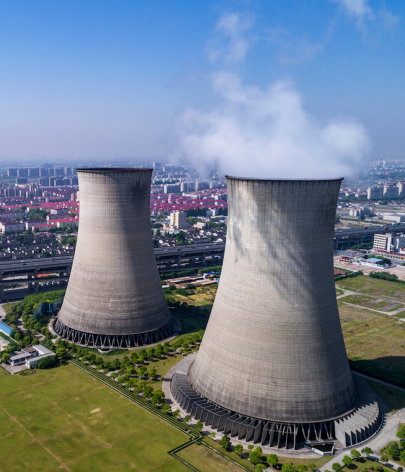
Breadcrumbs
Unpicking the knot of coal phase out in China
Insights from the Guangdong-Hong Kong-Macao Greater Bay Region
The case study on the Greater Bay Region suggests that China’s puzzle of coal phase out goes beyond issues specific to coal production and consumption, facing impediments from market, infrastructure, land, and regulatory processes. These hinder the uptake of low-carbon replacements, raising concerns about the security of electricity supply. By implication, this also suggests the criticality of system reconfiguration to facilitate a timely and orderly coal phaseout. Given the breadth of this needed system reconfiguration, the process is very likely to affect the interests of a wide array of energy stakeholders including public agencies across different levels of the government, energy companies and consumers.
The governance of this process, therefore, needs to be inclusive, with consultation and deliberation involving all relevant stakeholders. The central or higher-level authorities should play a leading role in this process to identify some of the major issues that hinder coal phase out and the uptake of its replacements and look for the most preferable ways of redressing them. They should also be responsible for ensuring effective policy making and preventing policy consultation from slipping into a talk shop.
The governance of coal phase out also needs to be reflective. Given the complexity involved in coal phase out and the deployment of its replacements, unexpected challenges and new ideas of how to better reach goals are likely to emerge over the course of the process. This highlights the need for a learning-by-doing approach to promoting coal phase out and the transitions towards a low-carbon energy future. Policymakers should therefore evaluate policy outcomes in a timely manner and promote better knowledge-sharing across various relevant public agencies.
Coal phase out will also inevitably incur some costs. Policy decisions therefore need to be informed by the consideration of achieving a ‘fair’ distribution of these costs, in order to avoid excessive costs borne by the most vulnerable social groups, such as miners.




Insights from the Guangdong-Hong Kong-Macao Greater Bay Region
Author: Dr. Muyi Yang, Prof. Xunpeng Shi of the University of Technology Sydney, Alison Candlin
Featured in the media